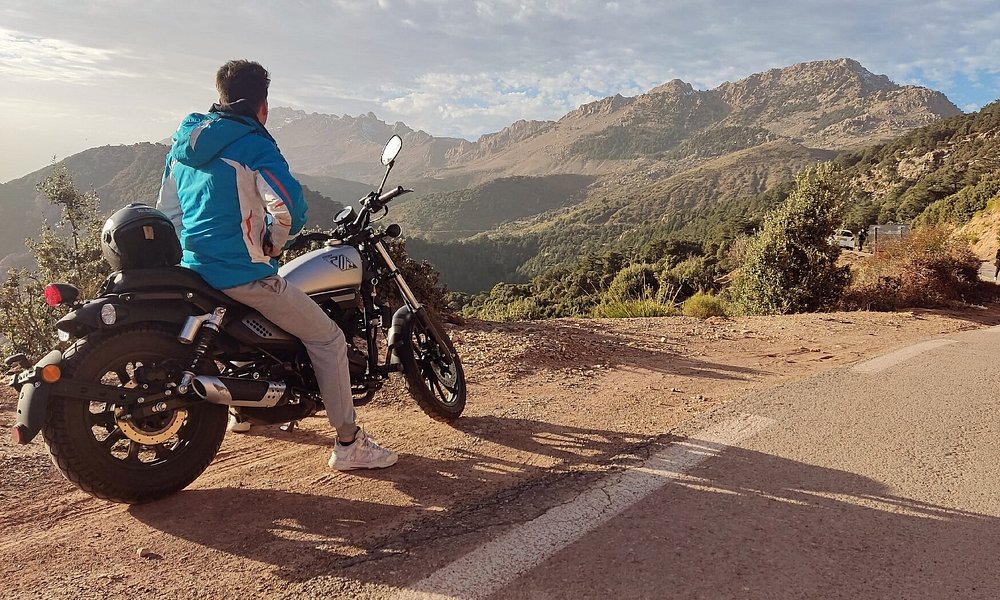
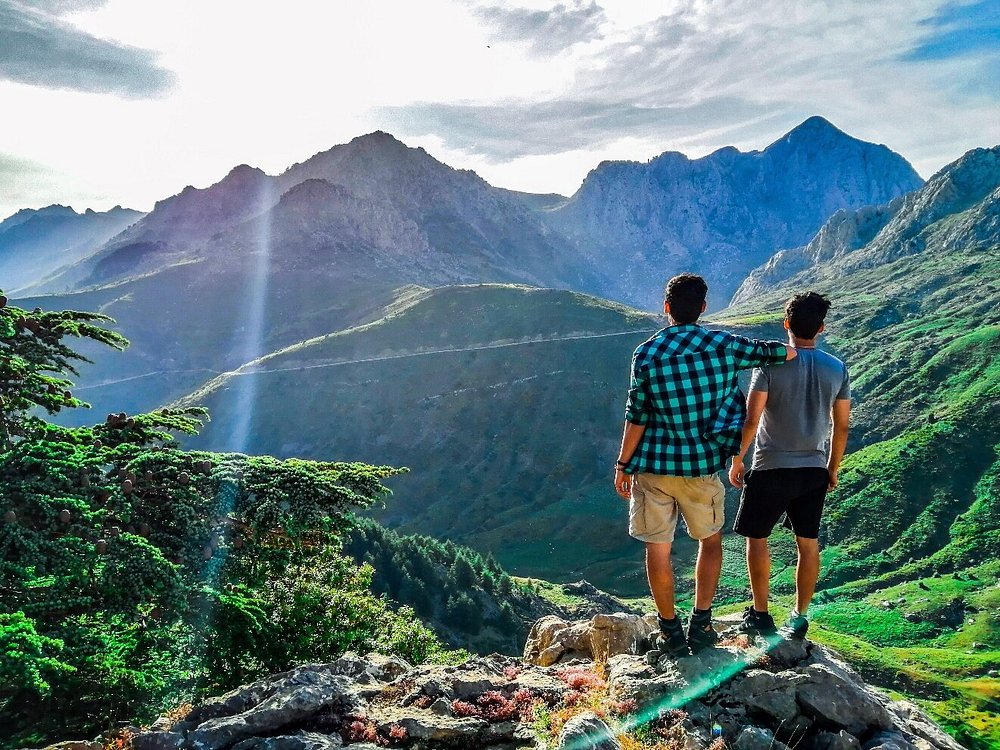


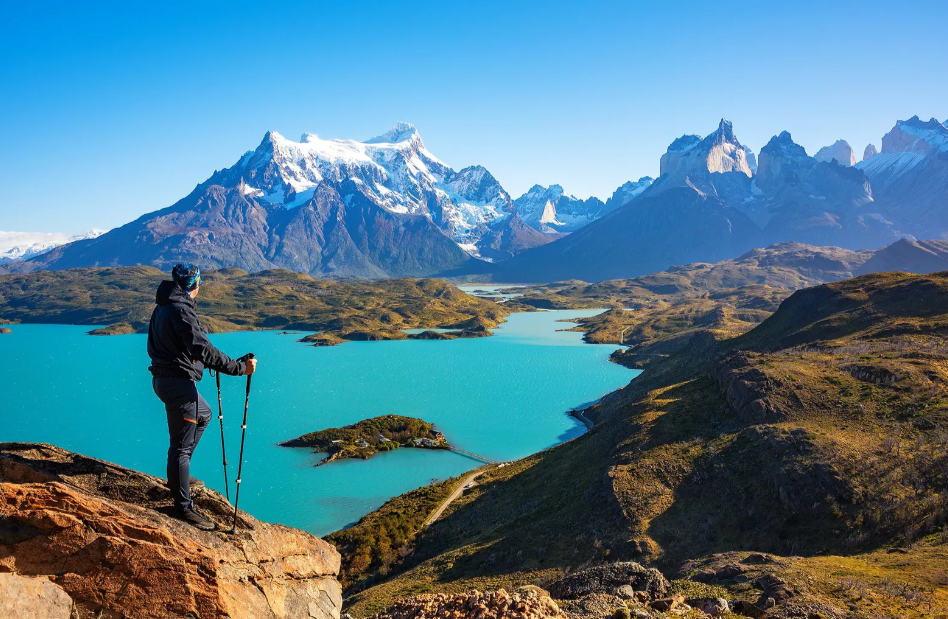

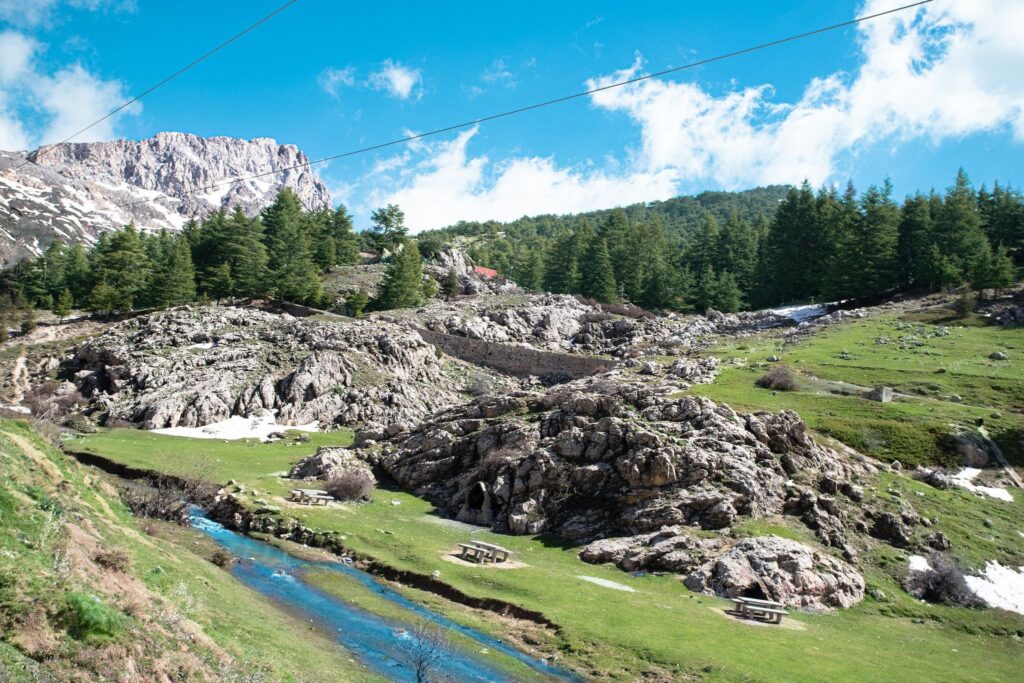


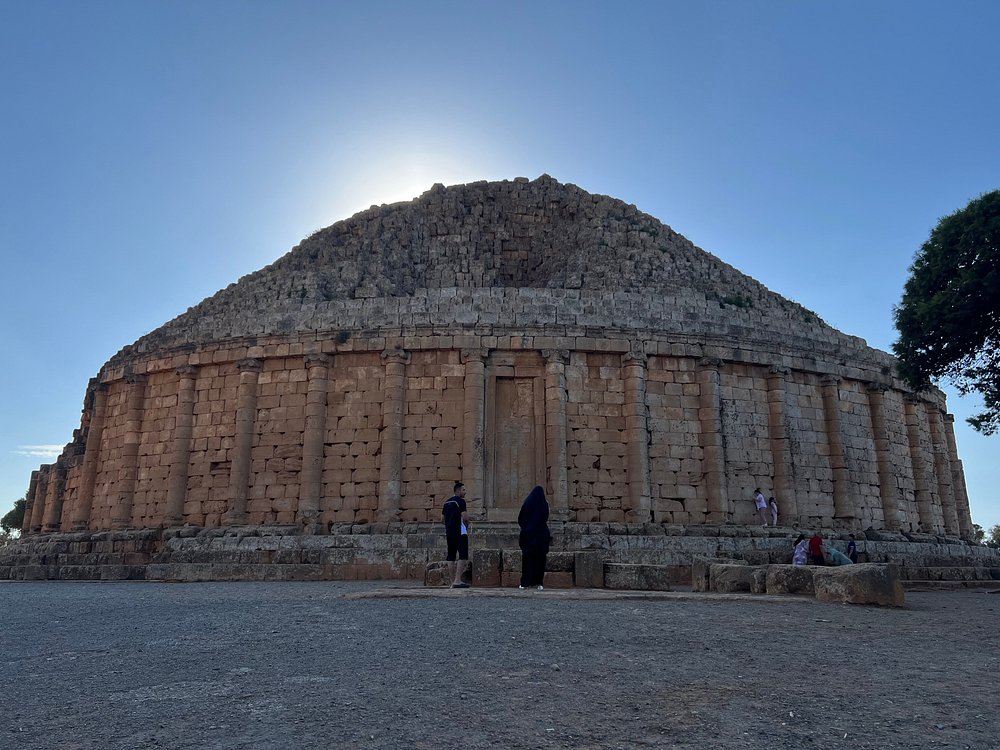



How to Prepare for Your Trip: A Step-by-Step
Traveling to a new destination can be an exciting experience, but the key to enjoying your trip is preparation. A well-planned journey ensures that you make the most of your time, avoid unnecessary stress, and have a smooth and enjoyable experience. Here’s a comprehensive step-by-step guide to help you prepare for your trip:
1. Research Your Destination
Before you embark on your journey, it’s important to learn about your destination to make your trip enjoyable and comfortable.
- Understand the Culture and Local Customs: Research the cultural norms, traditions, and etiquette of the place you are visiting. Knowing what’s appropriate in terms of behavior, dress codes, and greetings can help you feel more comfortable and respectful when interacting with locals.
- Weather Conditions: Check the weather forecast to pack accordingly. If you’re traveling to a tropical region, bring light, breathable clothing, while if you’re going to a colder destination, pack layers and warm clothing.
- Local Attractions and Activities: Research the must-see places, historical sites, local markets, and activities that align with your interests. Prioritize them based on your schedule to ensure you don’t miss out on anything important.
2. Check Travel Requirements
Ensuring you have the correct documentation and requirements before you travel is crucial to avoid any delays or complications during your trip.
- Visa and Passport: Check if you need a visa to enter the country. Apply for a visa in advance if necessary, and make sure your passport is valid for at least six months beyond your planned travel dates.
- Travel Insurance: Invest in comprehensive travel insurance that covers medical expenses, cancellations, lost luggage, and other unforeseen circumstances.
- Health and Safety: Check if any vaccinations are required before traveling. Carry essential health-related items, such as prescription medications and over-the-counter remedies for common ailments.
3. Book Your Flights and Accommodation:
Booking flights and accommodation in advance can save you time and money, ensuring a smoother trip.
- Flights: Compare flight prices and choose the best option based on cost, duration, and convenience. Book your flight early to secure better rates. Consider flying on weekdays or off-peak seasons to avoid high fares.
- Accommodation: Choose your accommodation based on your budget and preferences. Options include hotels, hostels, vacation rentals, or local guesthouses. Book early, especially during peak seasons, to ensure availability.
- Transfers: Look into transport options from the airport to your accommodation. You may need to arrange a taxi, private transfer, or rental car in advance to save time upon arrival.
4. Create a Detailed Itinerary
Having a planned itinerary will help you maximize your time and ensure you don’t miss important experiences.
- Daily Activities: Plan activities for each day, but don’t over-schedule yourself. Leave room for spontaneous exploration.
- Must-Visit Attractions: Research the key tourist spots and local hidden gems. Make a list of things you definitely want to see and do.
- Transportation: Plan how you will get around once you arrive. Whether you’re using public transportation, taxis, or a rental car, understanding the best modes of travel will help you navigate the area efficiently.
5. Financial Preparation
Proper financial planning ensures you won’t run into problems while on your trip.
- Currency Exchange: Check the local currency and exchange rates. It’s a good idea to have some local cash for small purchases, but credit cards are widely accepted in many places.
- Budgeting: Set a budget for your trip, including accommodation, meals, transport, and activities. Keep track of your spending to avoid running out of money.
- Payment Methods: Consider carrying both cash and a credit card for flexibility. Notify your bank or credit card company about your travel dates to avoid any issues with your cards.
6. Packing Essentials
What you pack will depend on your destination, activities, and the duration of your trip. Here’s a general packing guide:
- Clothing: Pack clothes based on the weather, planned activities, and cultural norms. Include comfortable walking shoes, swimwear if you’re visiting the beach, and a light jacket for cooler evenings.
- Toiletries and Medications: Bring essential toiletries, including toothpaste, shampoo, and any prescription medications you take. It’s wise to carry a small first aid kit.
- Travel Accessories: Don’t forget essential items like your phone charger, power bank, adapter, camera, travel pillow, and a good-quality backpack for day trips.
7. Stay Connected
Staying connected during your trip can make it easier to navigate and communicate.
- Local SIM Cards: Purchase a local SIM card at the airport or upon arrival to avoid expensive roaming charges. Local data packages are typically cheaper than international roaming.
- Wi-Fi: Many hotels, restaurants, and cafes offer free Wi-Fi. Check if your accommodation provides internet access and consider downloading offline maps or apps to help with navigation.
- Emergency Contacts: Save emergency contact numbers, such as the local embassy, health services, and your accommodation.
8. Prepare for Health and Safety
Your well-being is the most important aspect of any trip, so take some precautions before and during your travels.
- Travel Health Kit: Pack any necessary medications, hand sanitizer, and personal hygiene items. If you need regular medical treatment, ensure you have enough medication for the entire trip.
- Safety Tips: Stay informed about safety risks and precautions in the destination you’re visiting. Always keep your valuables in a safe place and avoid risky areas.
- Local Emergency Numbers: Make sure you know the local emergency numbers, such as for police, ambulance, and fire services, in case of an emergency.
9. Plan for Communication
Communication is key to a smooth travel experience.
- Language: If you’re traveling to a country where the language is different from your own, learn a few key phrases in the local language. This can help you navigate better and connect with locals.
- Translation Apps: If language is a barrier, download translation apps like Google Translate to help with conversations or reading signs in foreign languages.
10. Enjoy Your Trip
The most important step is to relax and enjoy your time. Let go of any stress and embrace the new experiences. Immerse yourself in the local culture, try new foods, and take plenty of photos to remember the moments.
Final Tips:
- Time Zone: Adjust your schedule to the local time zone to avoid jet lag.
- Travel Apps: Download useful travel apps for weather forecasts, maps, and language translation.
- Flexibility: Be flexible with your plans. Sometimes, the best experiences come from unexpected detours.
By following these steps and planning ahead, you’ll be well-prepared for a successful and memorable trip.

